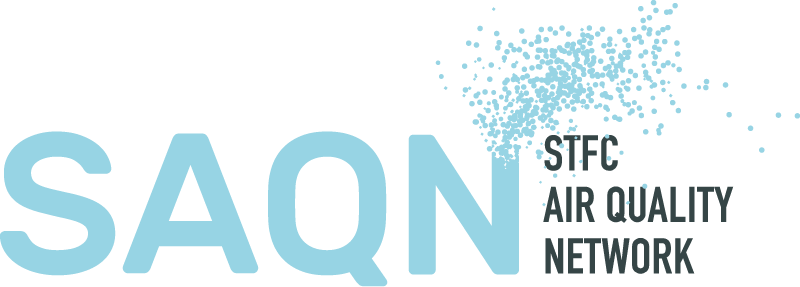Our guest blog this month details the AIREFUNITS project, a collaboration between Coventry University, University of Cambridge and STFC’s RAL Space.
Attention is increasingly being paid globally to the air quality state in regions where continuous air quality monitoring devices hardly exist. This lack of infrastructure is mainly because the resources to acquire such monitoring equipment are lacking, especially in regions such as sub-Saharan Africa, where over 1.1 billion people are affected.
The data acquired so far from these regions indicate the presence of poor air quality levels and the need to devise intervention measures to improve the air quality and reduce the resultant health and socio-economic consequences. However, due to their paucity of resources, these regions largely lack robust reference air quality monitoring units that are used to underpin the data collected from diverse low- and medium-cost monitoring units that many use in these areas. These reference units are essential as we need confidence in the air quality data collected from these monitoring units to formulate the appropriate intervention policies.
This issue was addressed at the recent SAQN collaboration building workshop, and researchers from Coventry University, the University of Cambridge and STFC RAL Space were funded to investigate the development of a portable reference/calibrating unit for air quality sensor networks.
The AIREFUNITS project will utilise the STFC RAL Space Spectroscopy Group’s capability for developing cost-effective, highly sensitive, reliable, portable laser-based gas sensors.
This study will advance the development of a robust portable reference air quality unit that can be used to calibrate the various monitoring units in these low-resource regions, thus enabling the construction of effective intervention measures to mitigate the impacts of poor air quality.

THE AIREFUNITS TEAM:
Dr Nwabueze Emekwuru, Coventry University. Dr Lekan Popoola, University of Cambridge. Dr Thomas Wall, STFC RAL Space.
